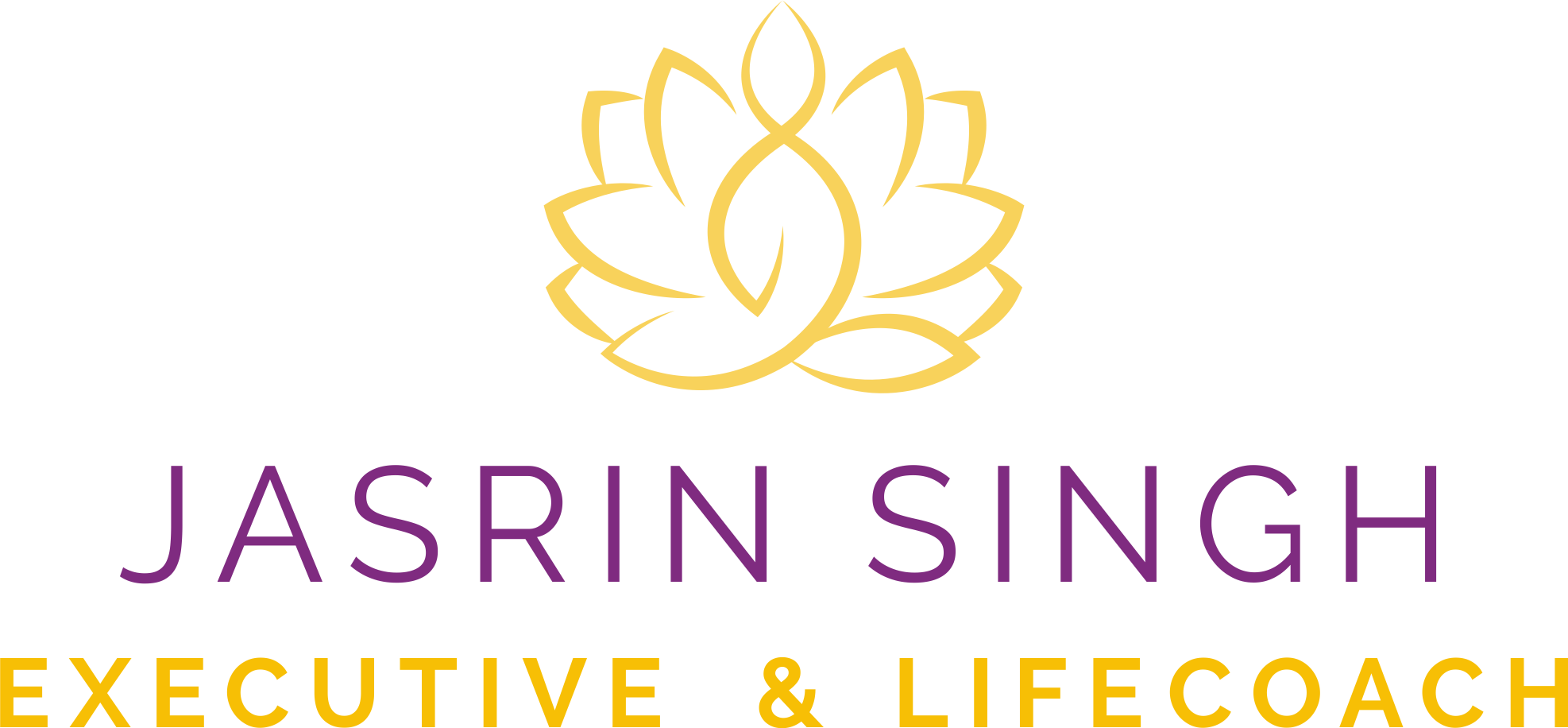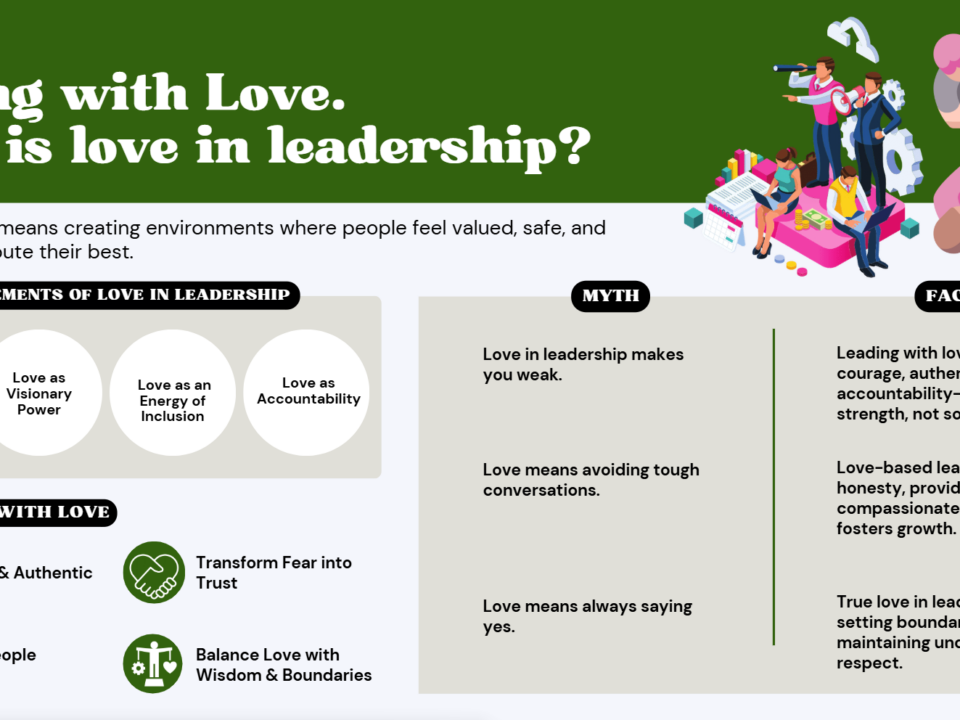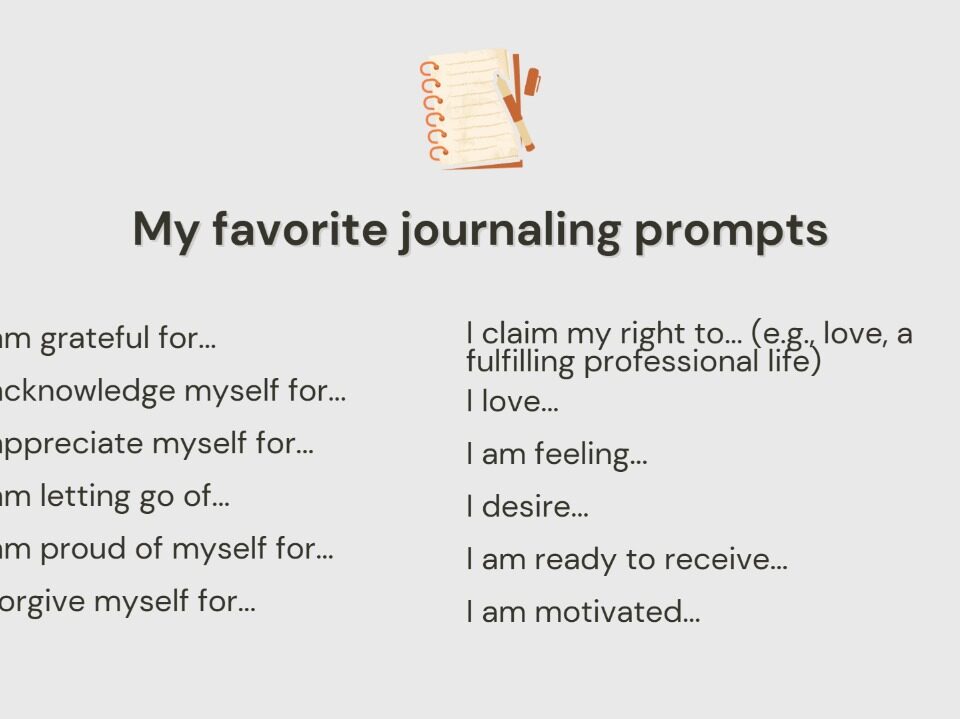
The Art of Being Bold in Leadership and Life: Empowering Women to Lead with Courage
August 21, 2024
Capacity Building: Upleveling from Manager to Leader
October 21, 2024In a world that often equates strength with assertiveness and confidence with dominance, humility can be mistakenly seen as a weakness. However, true humility is a profound source of power—an invincible foundation for leadership, personal growth, and spiritual evolution. Humility is not about thinking less of oneself, but about recognizing the truth of our human condition, surrendering our pride, and anchoring our confidence in something far greater than ourselves.
What is True Humility?
True humility is not self-deprecation or false modesty. It is the deep understanding that we are part of something far greater, and that our personal achievements, while important, are not the sole measure of our worth. True humility allows us to see ourselves clearly, to embrace both our strengths and our limitations without judgment.
At its core, humility is about surrender—surrendering our ego-driven desires for external validation and status, and instead, embracing the reality of our interdependence with others and the divine forces that guide us. It requires the courage to be vulnerable, to admit when we don’t have all the answers, and to remain open to growth. Humility is about accepting our humanness, and in that acceptance, we find invincibility.
This invincibility arises from understanding that our worth is not dependent on the approval of others or the superficial metrics of success. It is rooted in something much deeper—a sense of inner peace that comes from aligning with our true purpose, our values, and the divine flow of life.
Humility and Confidence: The Yin and Yang Partnership
There’s a common misconception that humility is incompatible with confidence. On the contrary, humility and confidence are the perfect partners. Confidence is the Yang to the Yin of the Humility. True confidence is not about arrogance or bravado, but about knowing who you are, what you are capable of, and owning your strengths without the need for excessive praise or recognition.
Humility enhances confidence by keeping us grounded. It reminds us that while we may have achieved success through hard work and talent, there is always room for improvement, and we are never above learning from others. A humble person is secure in their abilities, but also aware that their achievements are not theirs alone—they are the product of the support of others, the opportunities afforded to them, and the grace of forces beyond their control.
Confidence without humility can quickly turn into arrogance, which blinds us to our limitations and sets us up for failure. Humility without confidence can lead to insecurity and self-doubt. Together, however, humility and confidence create a balanced and authentic sense of self—a leader who is capable, yet aware, ambitious, yet grounded.
The Sabotage of Pride and Ego
The greatest enemy of human potential is often not external circumstances, but our own pride and ego. Pride leads us to believe that we are self-sufficient, that we know it all, and that we are beyond the need for help or guidance. It creates a barrier between us and others, and more importantly, between us and the divine.
The ego craves recognition, control, and superiority. It constantly seeks validation from the external world, which can trap us in cycles of comparison and competition. When pride and ego take the lead, we become defensive, resistant to feedback, and unable to admit our mistakes. This sabotages our personal growth, our relationships, and ultimately our happiness.
The paradox of humility is that when we let go of our pride and ego, we actually unlock our greatest potential. When we admit that we don’t have all the answers, we become open to learning. When we let go of the need for control, we begin to flow with life’s rhythms, and opportunities we never expected come our way. When we stop seeking external validation, we start to find a deep, lasting sense of peace and fulfillment within ourselves.
Humility and Surrender: Anchoring in the Divine
True humility requires surrender—a surrender of the ego, of control, and of the illusion of self-sufficiency. It’s about recognizing that, as human beings, we are vulnerable, fallible, and in need of guidance. This surrender, however, is not a sign of weakness but of strength. It allows us to anchor ourselves in something greater than our individual selves—whether you call it God, the Divine, or the universal flow of life.
When we surrender to the divine, we accept that we are part of a larger, sacred whole. This brings an immense sense of relief and peace. It’s a reminder that we don’t have to carry the weight of the world on our shoulders alone. We can trust in the divine order of things, knowing that we are guided, supported, and held in the hands of something far more powerful than our human minds can comprehend.
In this state of surrender, we find invincibility—not in the sense of being free from challenges or pain, but in the sense that no matter what life throws our way, we have a solid, unshakable foundation. We are no longer driven by fear, pride, or the need to prove ourselves. Instead, we move through life with grace, confidence, and a deep sense of peace, knowing that we are aligned with the divine purpose of our existence.
Conclusion
Humility is invincibility because it connects us to the truth of who we are—both in our strengths and our vulnerabilities. It opens the door to continuous growth, deep connection with others, and alignment with the divine. By embracing true humility, we unlock a power that is far greater than the fleeting power of pride and ego. We find the strength to lead, the confidence to be ourselves, and the peace to surrender to life’s greater purpose.




